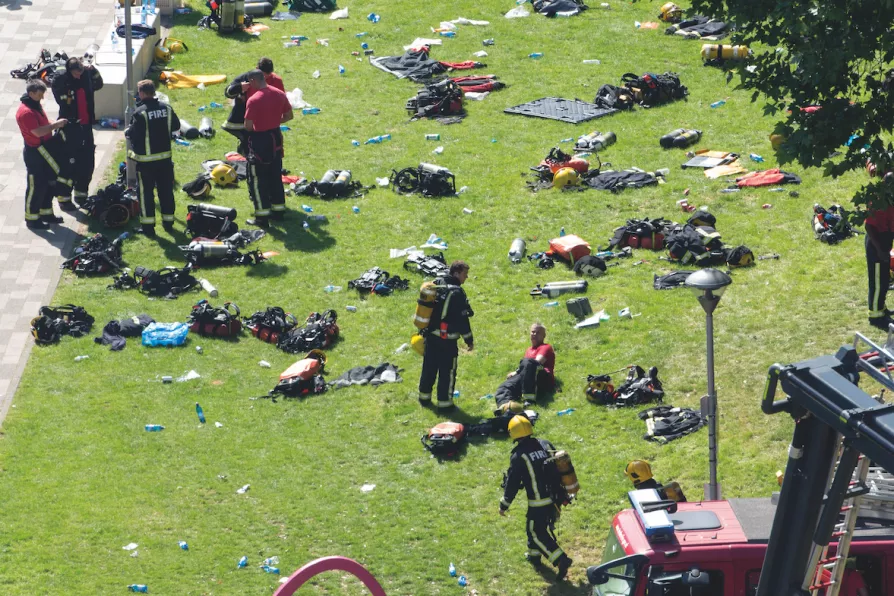RAMZY BAROUD looks at how entire West Bank communities have been shattered, their social and physical fabric deliberately dismantled by Israel to enable its formal annexation

 EXHAUSTED: Firefighters break from attending the burning tower, June 14, 2017
EXHAUSTED: Firefighters break from attending the burning tower, June 14, 2017
BARRY JACKSON has been a firefighter for nearly 30 years. As a member of the London Fire Brigade (LFB), he was one of the first to attend the horrific Grenfell Tower blaze, which devastated a west London tower block six years ago today.
The terrifying fire killed 72 people, injured at least as many and left hundreds homeless. The impact on the local community in North Kensington, where the very poor live streets away from the very rich, was massive.
But for Jackson, a workplace health and safety rep, the tragedy was another reminder of the inadequate – and sometimes non-existent – protections for firefighters as they risk their lives to save ours.

Since 2010, one in five firefighter jobs has disappeared alongside 30% funding cuts — all while climate breakdown brings record blazes and flooding. It’s time to fund our fire service properly, writes FBU general secretary STEVE WRIGHT

The FBU is demanding 52 weeks of full pay for women firefighters, highlighting the unique health risks they face — and the continuing need to recruit and retain more women if policies like this are still not in place, writes SEONA HART












